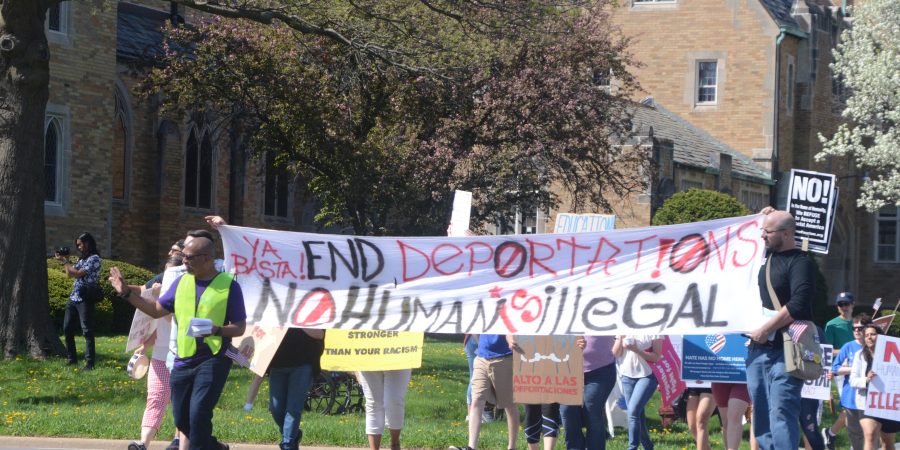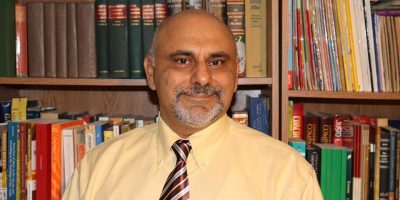WASHINGTON, D.C., Oct. 30, 2018 — Evangelical leaders released a statement today encouraging churches to pray for Central American migrants making their way through southern Mexico toward the U.S.-Mexico border, and to join calls for comprehensive, compassionate immigration solutions.
“Beyond the role of the government, we encourage churches—both in the U.S. and in Latin America—to respond with Christ-like love to the vulnerable families and individuals who form this caravan,” they write. “… We also invite you to continue to join us in calling for a comprehensive solution to our deeply broken immigration system, which limits our government’s ability to effectively manage a large influx of asylum seekers and to protect those whose lives are in danger.”
The following are quotes today from Evangelical Immigration Table leaders:
Scott Arbeiter, President, World Relief:
“At World Relief, we have worked with local churches to assist those who have fled their countries because of persecution or poverty for decades; we stand ready to do so now as individuals make their way through Mexico, many reportedly seeking asylum in the United States. Our government’s role is to enforce and abide by the law, which includes an obligation to ensure border security but also to carefully consider and adjudicate each request for asylum from those professing a credible fear of harm. We can be both a secure nation and a compassionate nation.”
Galen Carey, Vice President, Government Relations, National Association of Evangelicals:
“Politicians and journalists sometimes sensationalize news reports while obscuring the real story. A few thousand desperate people fleeing violence and seeking a better life does not mean that our country is about to be invaded. Our borders are relatively secure, and our laws, while urgently in need of modernization, at least provide an opportunity for those fleeing persecution to present their case and be considered. We should be proud that our country has historically been the world’s leader in welcoming refugees. We urge our leaders not to overreact, and to allow those seeking asylum to have their day in court.”
Shirley Hoogstra, President, Council for Christian Colleges & Universities:
“The caravan represents extraordinary complexity, yet these times require Christians to be clear about what God requires of us: To love him and our neighbor dearly and to do justice, love mercy and walk humbly with our God, who is not daunted by complexity. It won’t be easy. It will be costly. It will be right.”
Hyepin Im, President and CEO, Faith and Community Empowerment:
“The United States has a proud history of serving as a safe haven for those fleeing persecution and violence. We also have had moments in our history that we’re not proud of, when we turned away those fleeing persecution. Our asylum laws were written to ensure that we do not repeat the mistakes of the past, allowing anyone with a well-founded fear of persecution who reaches the U.S. the right to request protection. As a nation, we must not disregard our laws by turning our back on those who qualify for protection.”
Jo Anne Lyon, Global Ambassador, The Wesleyan Church:
“Jesus said that the greatest commandment — the summary of all biblical instruction — was to love God and to love our neighbors. When pressed by a legal scholar on precisely what he meant by the command to love our neighbors, Jesus responded by telling the story of a ‘Good Samaritan’ who had compassion on a traveler of a different ethnicity who was in desperate need. And he told his followers to ‘go and do likewise.’”
Russell Moore, President, Ethics & Religious Liberty Commission of the Southern Baptist Convention:
“People fleeing for their lives are not to be used as political props. Those escaping violence and persecution in Honduras and elsewhere bear the image of God and should be treated with dignity and compassion. As Christians, we should share the heart of Jesus for refugees and others imperiled. Applying for asylum is legal in the United States of America, and the law should be carried out for everyone who seeks to apply. Not everyone will receive asylum, but everyone should have the opportunity to follow the law.”






Comments are Closed